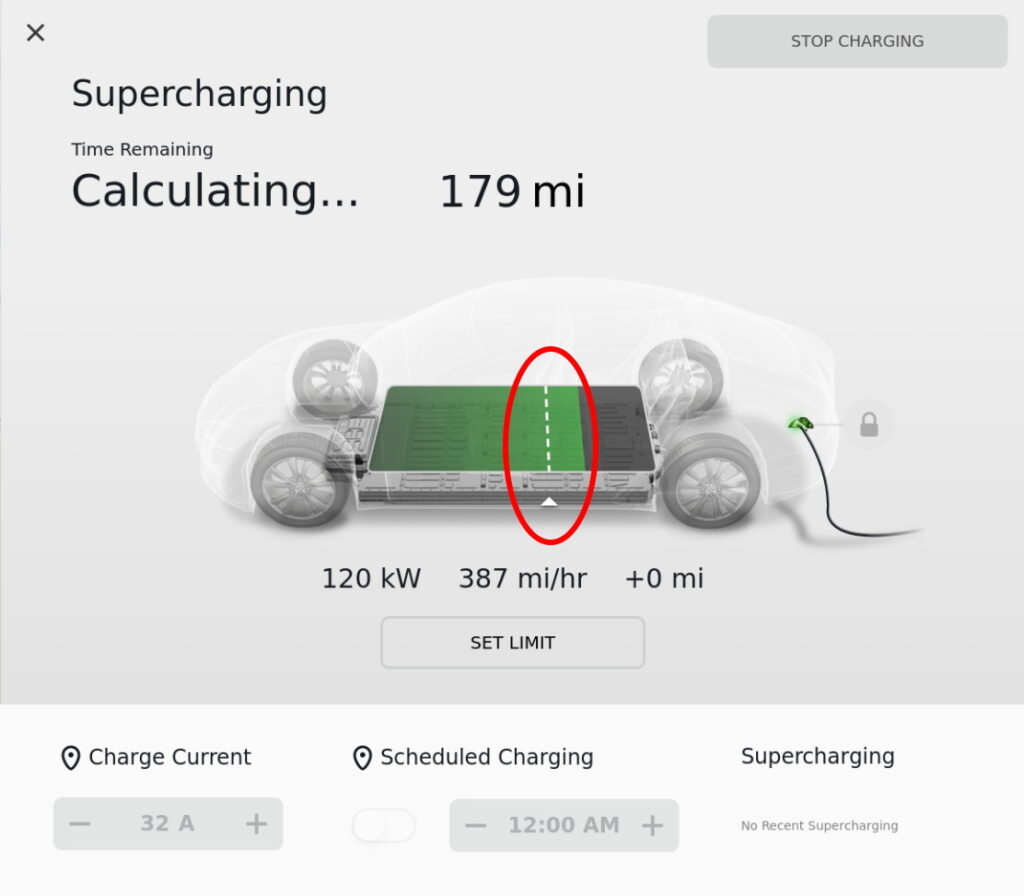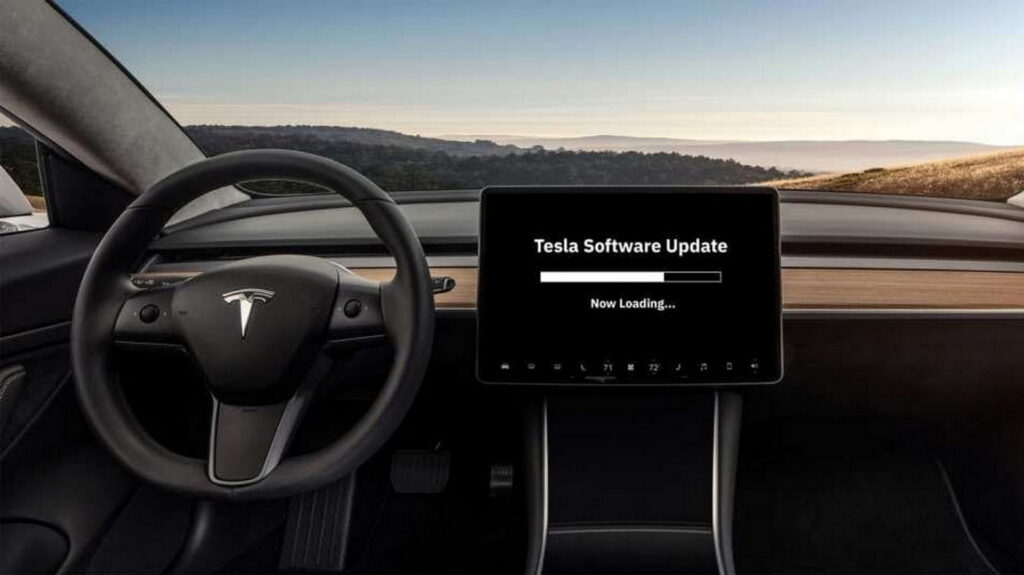A judge in California has advanced a lawsuit against Tesla, alleging that the company installed software updates in several of its customers’ cars, intentionally damaging their batteries. This decision permits the claimants to proceed with their action against the automaker, although it does not render any specific verdict in the case. The next steps could range from a trial to a potential settlement.
This case kicked off back in May of 2023 when the plaintiffs claimed that Tesla intentionally damaged the batteries and reduced the driving range of some Tesla Model S and Model X vehicles via a software update. Since then, Tesla has sought to have the entire case dismissed, while the plaintiffs have attempted to bolster their argument with additional examples of the phenomenon.
According to a report from Courthousenews, the lawsuit alleges that “Tesla recently has been implementing automatic software updates which, without warning to the customer, deplete the battery and reduce the driving range of the vehicles by at least 20%.” To be clear, that’s a huge claim and, if found to be true, would represent a major problem for the EV maker.
More: Tesla Sued For Allegedly Crippling Range And Battery Life With Software Updates

The 16 page order claims that, “Although many owners receive a notice on their vehicles’ screens or on the Tesla app on their phones asking them to install the update, some owners receive no notice at all. Instead, the car automatically downloads and installs the update.”
It also noted that in many cases, Tesla owners allegedly had to “pay third parties hundreds of dollars to reverse the software update” and restore their previous battery performance. Additionally, the updates were claimed to render the batteries inoperable, requiring “the purchase of a new battery at a cost of up to $15,000.”
Judge Jon Tigar allowed the suit to continue based on various factors, but he specifically pointed out that claimants “adequately plead” that Tesla knowingly caused a software transmission that damaged their car batteries. That’s not confirming that Tesla did any such thing, but only that the claimants have presented a case for it that’s worthy of a trial.
More: Tesla Lowers Range Estimates After Owner Complaints And EPA Update
The judge also dismissed a number of other claims as part of the lawsuit. Among those dismissed were claims that Tesla broke unfair competition laws, California’s Comprehensive Computer Data Access and Fraud Act, and the Computer Fraud and Abuse Act. At this point, the claimants can continue the suit but many of their original allegations are no longer up for consideration unless they file an appeal on this decision.
Following Judge Tigar’s decision, the plaintiffs have 21 days to appeal the dismissal of specific claims in their lawsuit against Tesla. Should they choose not do so, those claims will be permanently dismissed. Regardless of the appeal, both sides are likely to engage in extensive pre-trial procedures like discovery, gathering evidence and information. It’s also plausible that Tesla might elect to settle the case and move on.





